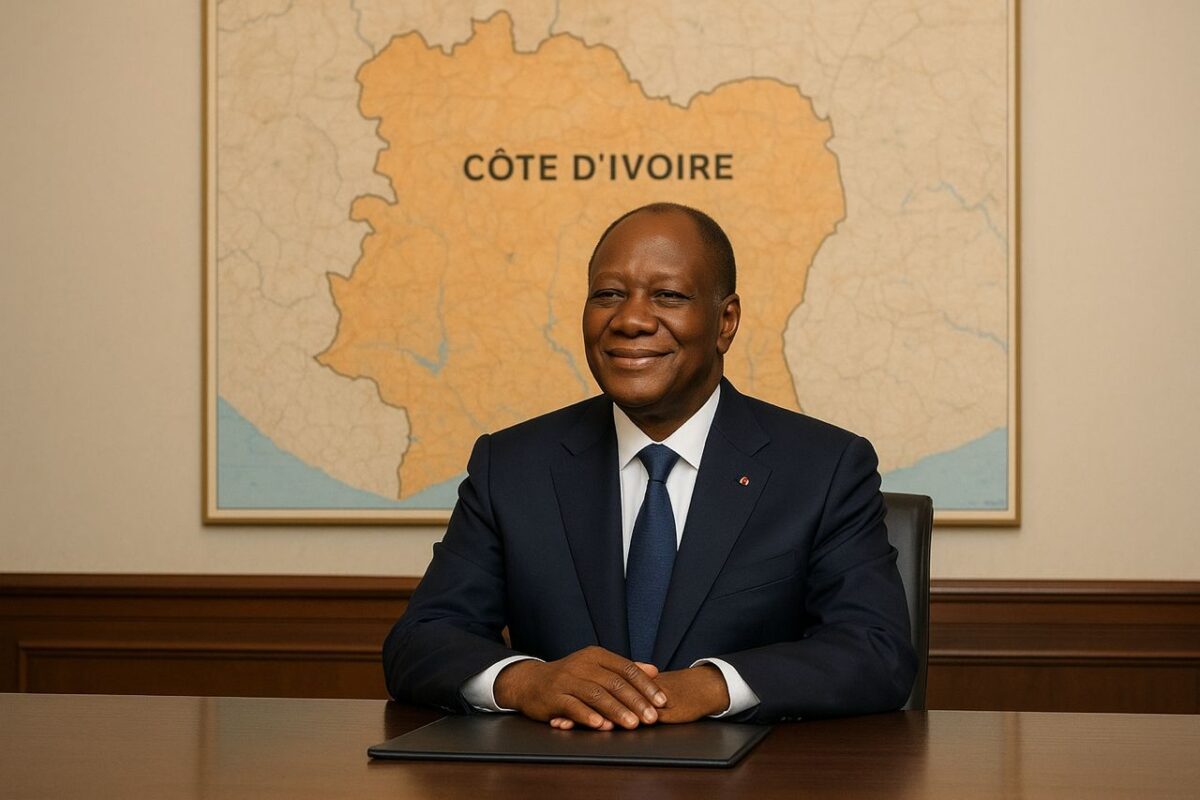There is an old African heritage stemming from the Ivorian “Agni” tribe which states: “Justice is like a river that nourishes everything it touches; it is the foremost virtue of social institutions, just as truth is the foremost virtue of systems of thought.”
President Alassane Ouattara has succeeded, unlike his predecessors, in implementing the concept of democracy and freedom of expression across all aspects of public life—from the media, through the corridors of sovereign institutions, to the arenas of public policy governing the country.
Approximately ten weeks before Ivorians head to the polls for the presidential elections scheduled for October 25, in a scene reinforcing the principle of democracy, the Ivorian government granted approval on Tuesday, August 5, to the Joint Front composed of opposition parties—particularly the “African Peoples Party – Côte d’Ivoire,” led by former president Laurent Gbagbo, and the “Democratic Party of Côte d’Ivoire,” led by Tidjane Thiam—to organize a protest against the government on August 9. The demonstration aims to contest the exclusion of opposition party leaders from the list of candidates for the upcoming presidential elections.
Another scene strengthening the democratic approach adopted by the ruling party was the negotiation over the date of the protests. Initially planned for August 2 in Abidjan, with a route stretching from Marcory Municipality to the Republican Square in Plateau, the government rejected the proposal for reasons deemed logical even by the opposition:
First reason: The proximity of the official celebrations of Independence Day on August 7 in Bouaké, the country’s second-largest city. The government explained that all security forces would be mobilized to ensure the success of the national celebrations, making it impossible to simultaneously secure the opposition marches in Abidjan. Furthermore, the chosen protest date—August 2—was deemed inconsistent with the preparations for Independence Day.
Second reason: The proposed route by the opposition posed a risk to public order, as it runs through vital areas of the city and could disrupt governmental operations, citizen activities, and even pass near the Presidential Palace.
After hours of negotiation between both sides (the ruling party and the opposition), they agreed to hold the demonstration on August 9 along the main street in Yopougon Municipality, from Saguidiba to Figayo Square.
From the early hours of Saturday, August 9, thousands of citizens—supporters of the Joint Front—flocked from across Abidjan and neighboring towns to protest against what they consider a fourth presidential term for Alassane Ouattara under the Third Republic. The opposition coalition, formed on June 19, demanded the “reform of the Independent Electoral Commission” and the organization of “inclusive and peaceful elections.” Protesters also called for the revision of the electoral register to allow opposition leaders to run in the upcoming presidential elections, chanting slogans such as “No to a fourth term” and “We want Gbagbo and Thiam to run.”
In his address during the demonstration, Noël Akossi Bendjo, Vice President of the Democratic Party, declared: “This massive turnout shows that the Ivorian people are resisting various forms of injustice and hardship.” Likewise, Sébastien Dano Djédjé, Executive President of the African Peoples Party – Côte d’Ivoire, stated: “These demonstrations serve as a warning. The government must understand us: we do not want an unconstitutional fourth term, and we demand the reinstatement of our leaders’ names on the electoral list.”
President Ouattara, for his part, had announced in late July his candidacy for a new term in response to his party’s unanimous call during its second national congress to select him as their candidate for the 2025 presidential election—what would be considered his second term under the Third Republic established in 2016, but his fourth term since first winning in 2011.
The announcement coincided with the removal of four opposition leaders from the electoral list for various reasons, barring them from running in the upcoming election. The excluded figures include Tidjane Thiam, Laurent Gbagbo, former Prime Minister and Speaker Guillaume Soro, and former Youth Minister Charles Blé Goudé. This protest, unprecedented in Ivorian political history, attracted significant media attention and analysis by political commentators, as it was the first time the ruling system allowed opposition parties to protest against it openly—a scene where thought prevails, logic stands firm, and fear recedes, leaving behind a sense of security and stability.
Those observing the history of opposition protests in Côte d’Ivoire—from independence to recent years—will recognize a profound transformation in the Ivorian collective perception and practice of democracy.
Three major perspectives emerged regarding these opposition-led demonstrations:
First perspective: Côte d’Ivoire has positioned itself as the first African country to fully implement freedom of expression on political issues, presenting itself as a model of democracy in both principle and practice. This is evidenced by the government’s authorization of protests against itself, the chanting of slogans like “No to a fourth term,” and the opposition’s public statements labeling the demonstration as a warning to the government—all under the protection of state security forces and with transparent media coverage, a historical precedent in Africa since independence.
Second perspective: The Ivorian opposition provided a healthy model that reinforced legal, political, and ethical frameworks while transcending the violent image historically associated with opposition movements in Africa. The success of these demonstrations without casualties or property damage signals a high level of civic responsibility and peaceful activism. The opposition ensured strict discipline, with designated coordinators directing crowds, ensuring compliance with agreed-upon slogans, maintaining cleanliness, and avoiding disruption—a stark contrast to past protests marked by violence and destruction.
Third perspective: These events confirmed Côte d’Ivoire’s position—government and people alike—as the second most democratic state in West Africa after Senegal. This is evident not only in the rarity of military coups but also in the deep-rooted culture of democratic practice in political life. This is reflected in media pluralism, with numerous talk shows such as:
- NCI 360 (NCI)
- Le Grand Débat (National Channel)
- Le Grand Talk (LIFE TV)
where ruling and opposition parties debate freely. The government further strengthened democracy by permitting opposition rallies, ensuring their security, and upholding freedom of political assembly. Conversely, opposition parties demonstrated democratic maturity by organizing peaceful protests without harming public property or citizens.
Scenarios:
The political landscape in Côte d’Ivoire is likely to unfold along the following scenarios:
1. Continued opposition demands to reinstate excluded leaders on the electoral list.
2. Sustained protests rejecting a fourth term for Ouattara.
3. Escalating tensions between government and opposition leading to potential violence if demands remain unmet, possibly prompting arrests and deepening political crisis.
4. Successful conduct of the presidential elections as scheduled, despite disputes over legitimacy and challenges to the results.
5. Formation of an opposition coalition rallying behind a viable candidate to challenge the ruling party, echoing the 2010 election scenario that ended in an opposition victory.
The political skies over Côte d’Ivoire may be clouded, but all indicators suggest these clouds will soon dissipate.
Dr. Sanogo Zoumana Al-Samdallawi
Professor of Political Communication in Côte d’Ivoire

